With the increasing emphasis on sustainability and environmental responsibility, selecting eco-friendly materials for home renovation projects has become more critical than ever. Stone varieties such as granite, quartz, and marble are often top choices for kitchen and bathroom countertops due to their durability and visual appeal. However, when considering granite counter installations, it's essential to evaluate the entire lifecycle of the material, not just its natural origin. This includes the environmental impact of sourcing, manufacturing, transportation, and installation processes.
Granite: Durable and Natural With Environmental Complexity
Granite countertops are often praised for their all-natural composition and durability. According to The Spruce, granite is 100% natural stone, making it a strong contender in the eco-friendly category. However, one should also consider the environmental impact of quarrying and transporting granite, which can be significant due to its weight and the fact that quarry locations are often far from the end-consumer. Despite its natural composition, the energy-intensive manufacturing process may slightly offset its eco-friendly credentials when it comes to granite counter installations.
Quartz: Engineered Strength With a Lower Environmental Impact
Quartz countertops feature a unique blend of materials, combining natural stone with polymer resins and color pigments. While quartz is not entirely natural, the combination of materials offers increased strength and lower porosity compared to other rocks, reducing the need for chemical sealants. The engineered nature of quartz also allows for producing slabs closer to demand locations, potentially reducing transportation emissions. Its durability and less frequent need for replacement contribute positively to its eco-footprint.
Marble: Classic Beauty With Sustainability Challenges
Marble, renowned for its timeless elegance, presents an alternative perspective on eco-friendliness. As a natural stone, such as granite or marble, it is primarily a product of the Earth. However, its porous nature necessitates frequent maintenance, which involves the use of sealants that may raise environmental concerns. Additionally, the quarrying process for marble involves significant energy consumption and ecological disruption, potentially making it a less sustainable choice in the long term.
While all stone countertop options have their merits, factors such as composition, durability, and lifecycle impact must be considered to evaluate their eco-friendliness. Granite stands out with its 100% natural composition, although the quarrying process is energy-intensive. Quartz, with its engineered enhancements, offers durability and location-flexible production, while marble's aesthetic appeal comes with higher maintenance and energy costs. For your next project involving your countertops, turn to the experts at House of Stone, Inc.

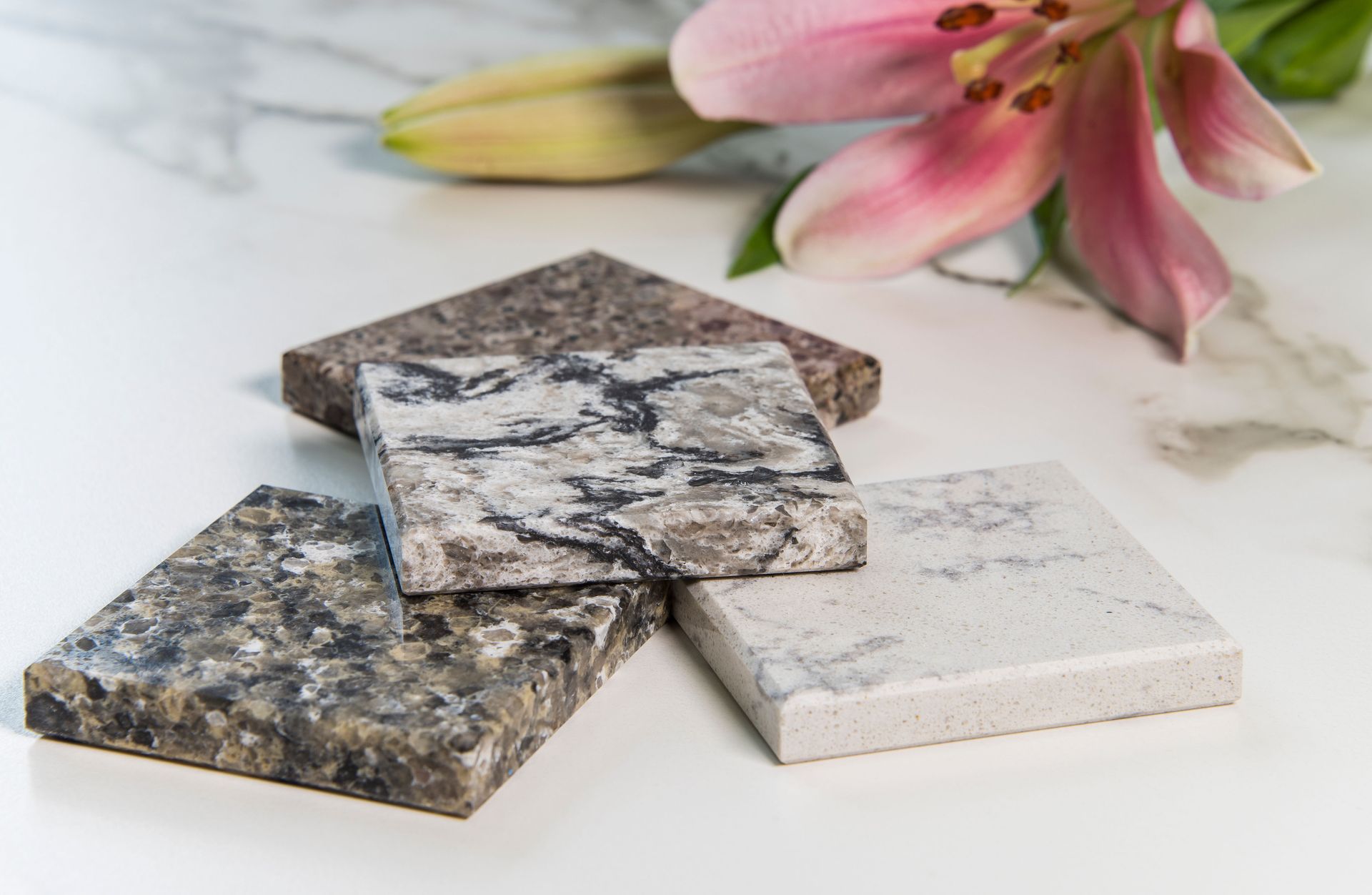
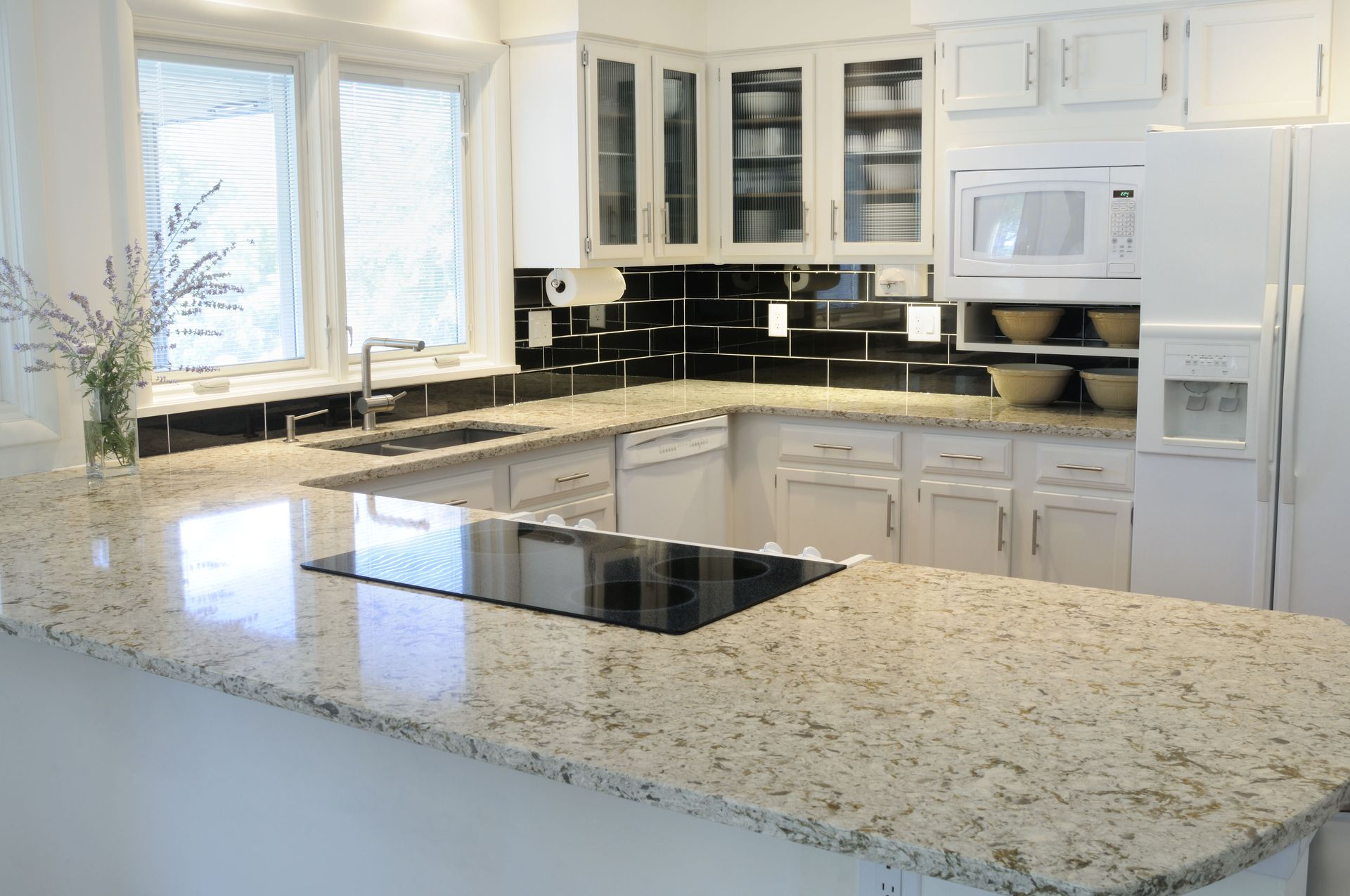
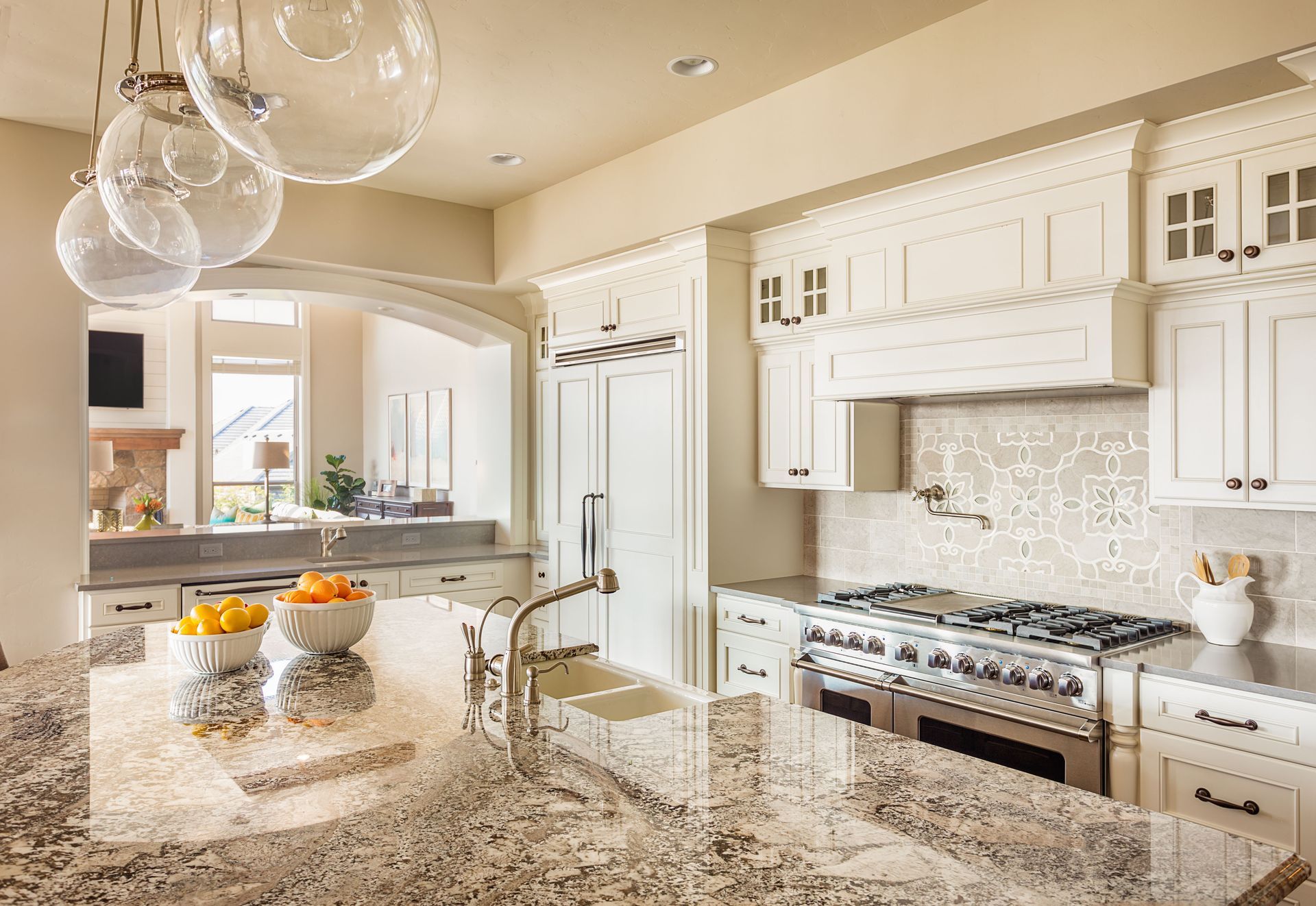
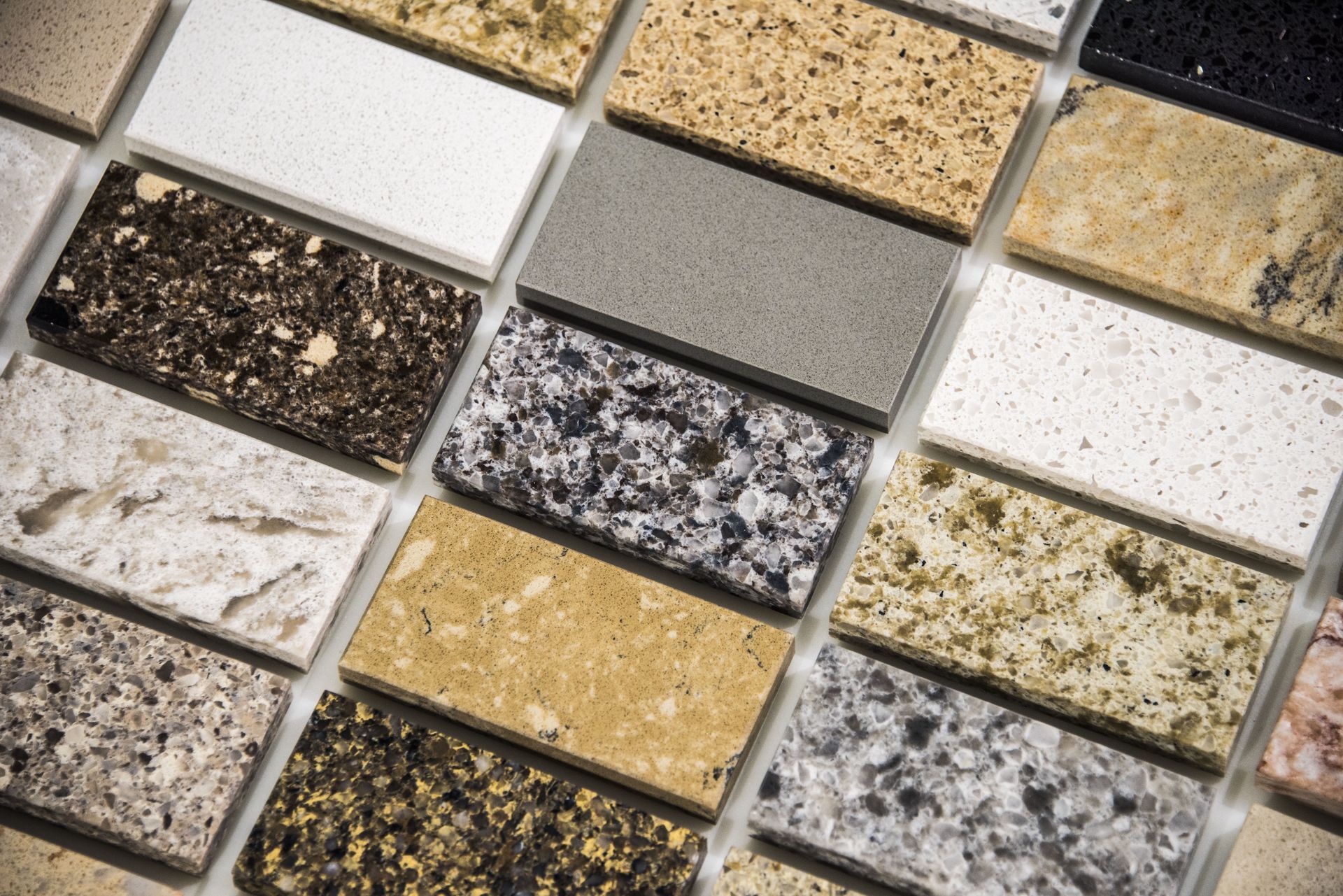
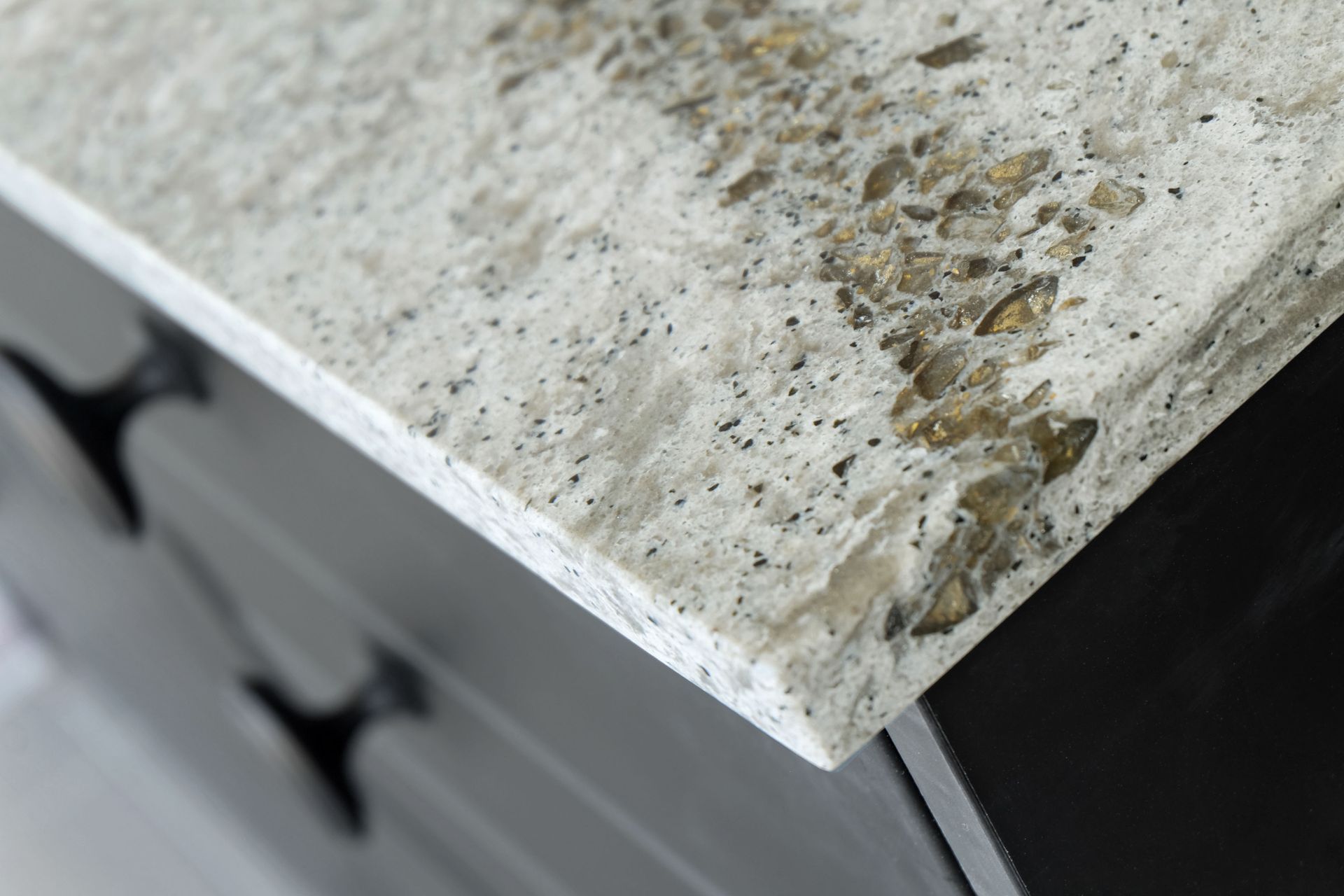

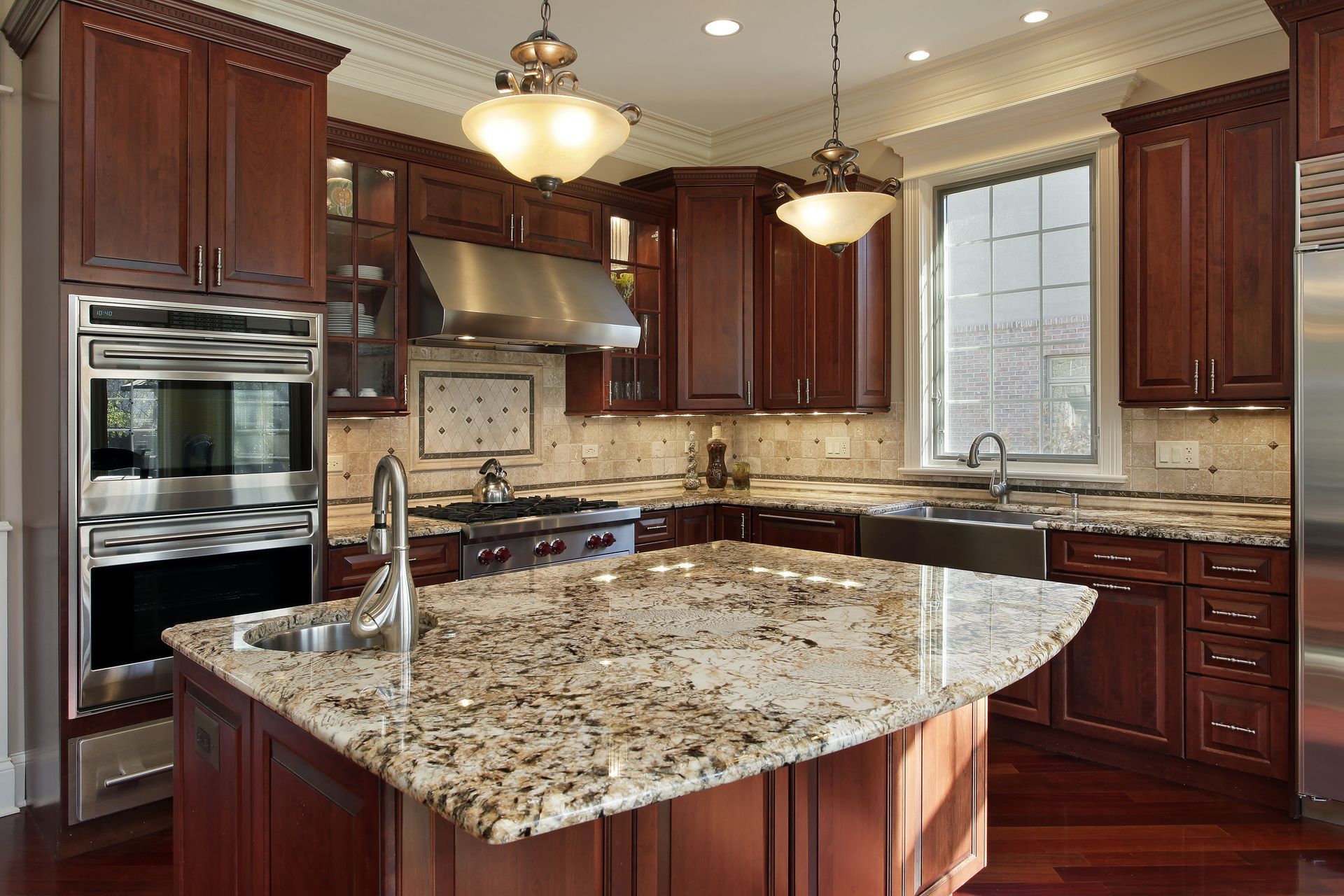


Share On: